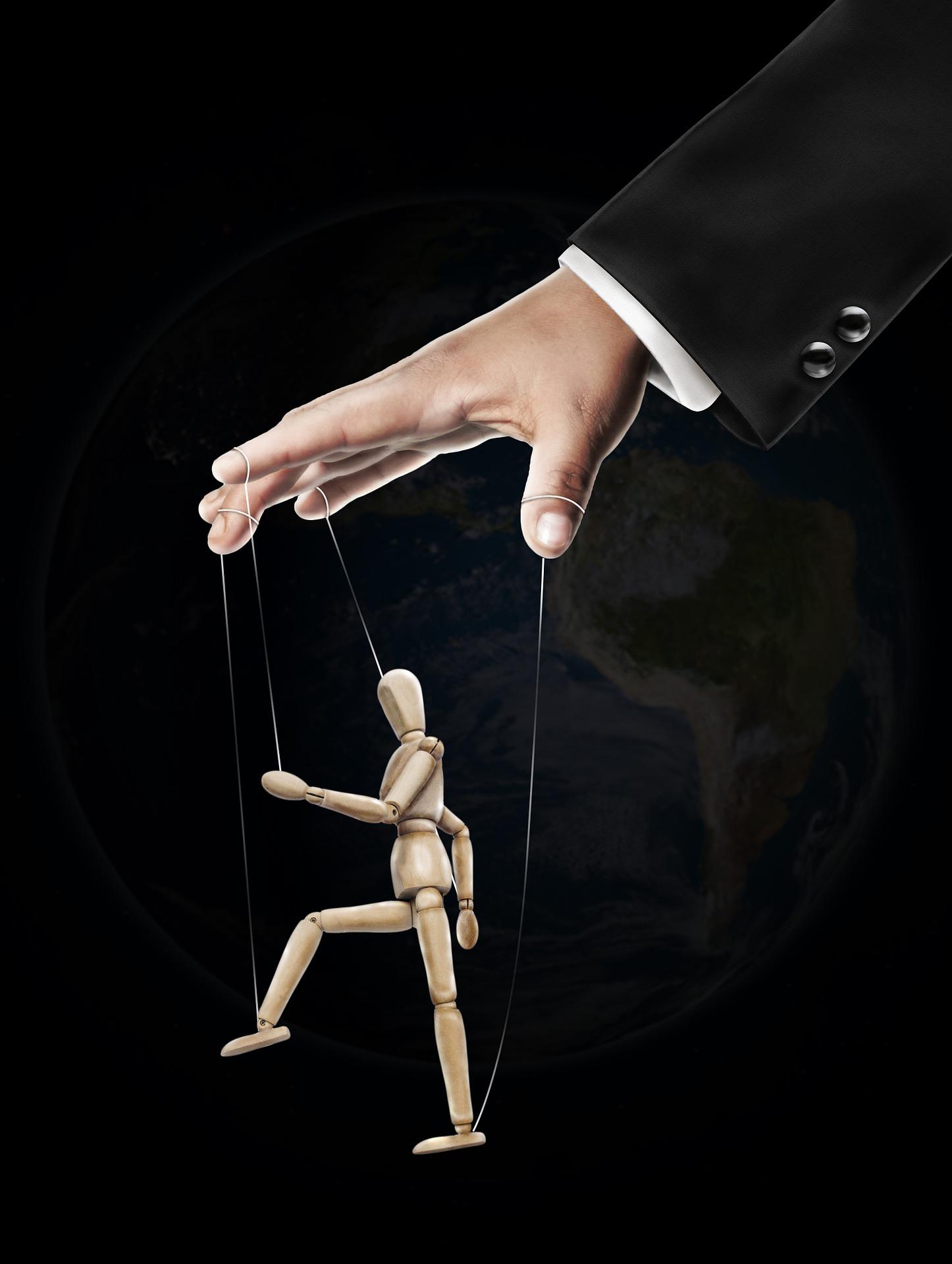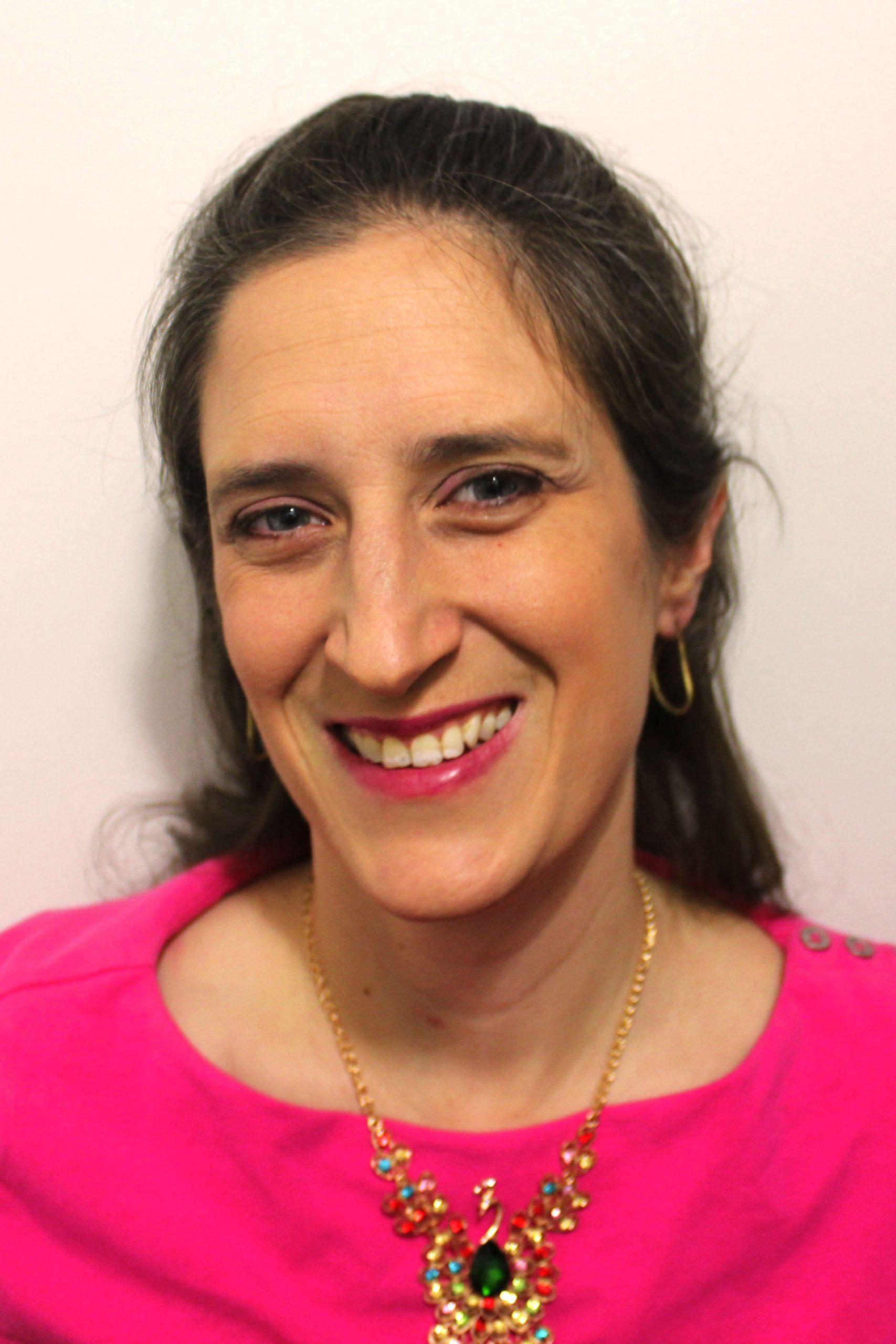How A Facebook Post Made Me Pro-Choice

The Sovereign Grace and Baptist churches I grew up in taught me that certain things are good and right–talking about Jesus, loving others, and loving God. I was also taught that certain things are wrong like abortion, homosexuality, being judgmental. My Bible college education, missionary work, and personal experiences were in line with these premises of the conservative church of the South.
I genuinely thought my political beliefs were honest, godly, and good. Abortion is wrong, therefore make it illegal. After all, murder is wrong and that’s illegal, so why wouldn’t abortion be against the law?
After moving to Chicago from Tallahassee, I became friends with people who did not share the same views preached from the Southern Baptist pulpit. One of those friends, a white man from my new, less conservative church, posted something on Facebook note that changed everything for me.
The Post That Changed My Thinking
In his post, this friend noted that, first and foremost, he is a follower of Jesus Christ. From there, he went on to state that though he doesn’t like abortion and doesn’t want anyone to have one, he does, in fact, vote for women to have the right for abortions.
He went on to explain the various health and legal implications, as well as how none of the the reasons are political, nor any of his business. As a man, he knows he has no right to tell women what they can or cannot do with their bodies.
I wanted to understand where this guy, a strong Christian man I respected, was coming from. So, I started studying and discovered everything I had been taught was manipulative and oppressive and designed to serve misogyny in the church.
The “Christian” Perspective
From the first time I heard about abortion, I was taught that women and babies were harmed by abortions. That every woman who aborts a fetus is devastated and can never emotionally, spiritually, or physically recover.
The dozens of sermons I’ve heard on abortion have turned the question into a political one. Conservative websites that discuss abortion from a Christian perspective also turn to the political side in many or most of the articles I’ve read. Abortion is not a political issue. Unwanted pregnancies and what to do about them is a morality and women’s health issue.

When Politics Came Into It
Before the 19th century, there were limited laws against a woman having an abortion prior to perceived fetal movement in the womb. The supposed “Christian” nations, such as the Unites States, were among those who allowed legal abortions.
During the 19th century, these laws came into existence for two main reasons, though the reasons varied from state to state. The first was in response to the fear that children of new immigrants would become the population majority. The second was due to the dangers of abortion practices. Most of the people performing abortions were untrained, non-medical personnel. Women often died during abortions.
In this early stage of abortion laws, a woman who had an abortion could legally be tried and sentenced to death because abortion was now considered murder, legally speaking. More progressive nations like France shifted their views on abortion at about the same time that the medical practices enabled abortions to kill fewer women. It was considered a last resort for unwed women with unwanted pregnancies. But at this stage, abortion became a part of family planning and considered a logical solution for ineffectual contraceptives.
Abortion was not a political platform in the United States until the 1970s after Roe v. Wade opened the country to legal abortions. Prior to this time, abortion was a part of existence, usually not discussed among Christians. However, the politicians of the time latched onto the changing laws and found spokesmen for their goals such as Jerry Falwell and Pat Robertson.

The Recent Abortion Bans In Alabama
The recent abortion bans in Alabama and Georgia further demonstrate the strange and unhealthy agenda in the politics of the South. The bans in Alabama made all abortions illegal, with one exemption: the fertilized eggs that are destroyed during fertility treatments are not deemed worthy of protection.
The fertility clinics didn’t support the bill and didn’t lobby for this kind of exemption. The act of the politicians in making this strange exemption shows the hand of politicians. They know that fertility treatments are popular enough that anti-abortion laws weren’t passing. But making the exemption allows the laws to pass while still allowing infertility treatments to continue as they have.
While I don’t understand what women who’ve had or wanted abortions have gone through, I’ve discovered that bans like this make everything worse. More women could die. More unwanted pregnancies will happen.
I don’t understand all the layers of this discussion. Morality plays a part, women’s health plays a part, mental health plays a part, and the role of the father in the fetus’ development plays a part. After all, it takes two humans to make a baby. I know that morally I am pro-life, but because of the simple facts posted by a friend, I now am politically pro-choice.






